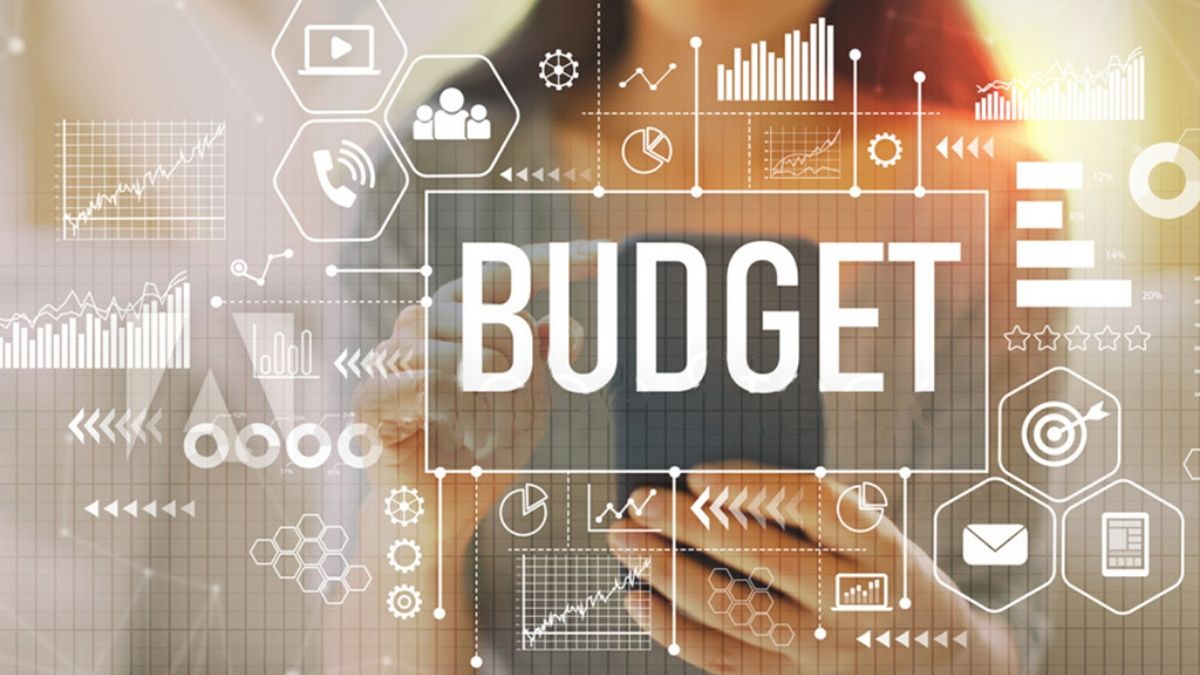By Staff Correspondent
So the government of Pakistan under the leadership of the Pakistan Tehreek-e-Insaf just revealed to us the budget for the 2019-20 fiscal year and the government presented a budget of Rs 7.022 trillion for the fiscal year 2019-20 and compared to last years budget we have seen a growth of 30 against the budget of 2018-19 which amounted to Rs 5.385 trillion.
The Minister for State Revenues, Mr. Hammad Azhar presented the said budget in the National Assembly and while presenting the annual budget the PTI government faced a lot of problems from the opposition who completely opposed the new budget.
In terms of details, the minister mentions that the total federal revenues have been estimated at Rs 6.717 trillion which is 19 percent higher than the previous year’s revenues of Rs 5.661 trillion, showing us an increase.
In that regard the Federal Board of Revenue (FBR) were able to collect Rs 5.555 trillion which according to the minister account for 12.6 pc of the Gross Domestic Product (GDP). The collection of revenue is a positive sign that the government have been able to collect necessary revenue from parties who at one point barely contributed to the national economy.
Must Read : IT Ministry Announces the Winners of National Education Challenge 2020
Moreover, in terms of the dispersion of the revenue collected the state minister says that out of the total revenue collected Rs 3.255 trillion shall be distributed among the provinces under 7th National Finance Commission (NFC) Award and it should be noted that this is 32 percent higher than the current year’s share of Rs 2.465 trillion. He further highlighted that the Net Federal Revenues for the upcoming fiscal year have been estimated at Rs 3.46 trillion against the revenues of Rs 3.07 trillion during current fiscal year, which shows us an increase of 13.6 percent, once again a step in the right direction if the predictions hold true in the future.
In addition, he mentioned that the federal budget deficit would be Rs 3.56 trillion but the provincial budget surplus is estimated to be somewhere around the Rs 423 billion mark for this fiscal year.
The State Minister for Revenues, Hammad Azhar also stated that the consolidated fiscal deficit for the coming year is estimated to be around Rs.3.137 trillion or 7.1% of the GDP and compared to last year where the same numbers accounted for 7.2 pc of the GDP, we see a slight growth in that particular aspect as well.
Bearing in mind the current economic situation which by the way the government only got 10 months ago and at that particular moment the total debt and liabilities had amounted to over Rs 31,000 billion, foreign debt and liabilities were around US$97 billion, foreign exchange reserves with State Bank of Pakistan had seen a fall from $18 billion to less than $10 billion and Current Account Deficit touched the record breaking mark of $20 billion, the current government had to take measures to help stabilize the economy somewhat.
Policies in that regard were set up by the government in order to handle the economy more efficiently, Hammad Azhar also added that the imports duties had to be increased in order to lessen the trade deficit by $4 billion in 10 months.
In addition, remittances were increased by $2 billion, and electricity circular debt which had reached Rs.38 billion per month, saw a decrease of Rs.12 billion which was Rs.26 billion per month when the government took charge.
Moreover, the new government have also been able to mobilize $ 9.2 billion from China, UAE and Saudi Arabia in order to control the balance of payments for the country, another aspect where the government had paid a lot of attention to.
According to the minister it was due to the government’s policies and measures put in place help support the industrial sector that the country say an increase in the volumes of exports, which as per the numbers was ; knitwear exports saw an increase of 16%, readymade garments increased by 29%, fruits saw an increase of 11%, vegetables increased by 18%, and basmati rice by 22%, all accounting for a positive relationship in the export market of Pakistan.
On that account, he also said that an agreement has also been reached with the International Monetary Fund (IMF) for a $6 billion programme. If and when approved by the IMF board, the programme will be able to provide benefits such as generating additional international assistance of $2 – $3 billion from the World Bank and Asian Development Bank at a relatively low interest rate which will be used to further enhance the productivity of the national economy and perhaps build a suitable platform for sustainable growth and development inside the country, this shall in turn help to better the economy and make a difference in terms of stabilizing the economy of Pakistan which has already dealt severe blows. The minister said “A deferred payment facility of $3.2 billion for purchase of oil and gas products from Saudi Arabia was also acquired to reduce pressures on foreign reserves besides operating Islamic Development Bank for a deferred payment facility of $1.1 billion”, by adding with these measures, it is expected that the current account deficit for the year will see a loss in the budget deficit by $7 Billion and seeing as how the economy is failing to cope with the pressure, this is a step in the right direction, if the government are able to use the money allotted effectively that is.
Furthermore, keeping in mind the different economic indicators set by the government 2019-20 fiscal year which began in June, the State Minister has pointed out that by reducing the amount of imports that consumers consume and by increasing the amount of exports, the government would like to bring the current account deficit from $13 billion estimated this year to $6.5 billion in 2019-20, which seems to be a hail Mary of a task but it has been done before, the likes of China completely revitalized their economy by disregarding any imports in the country and by opting for local options while increasing the amount of exports. That in turn helped China become one of the most competitive economies in the world. Perhaps we can take some insight from our neighbors rather then giving them each and every potential project that we can.
He finally added that “A challenging target of Rs. 5,555 billion FBR revenue collection will be combined with aggressive expenditure controls to reduce primary deficit to 0.6% of GDP. Both the civil and military governments have announced unprecedented reduction in expenditures”, stabilizing the economy will be a very hard task and given the current pandemic, that makes things even more difficult, let’s hope that the government is able to deliver this time round.




